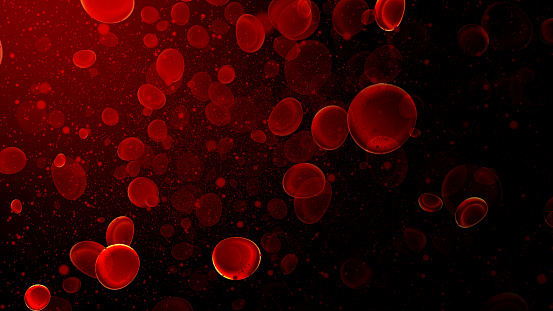


Blood is the most precious gift that anyone can give to another person .
A decision to donate
your blood can save a life, or even several if your blood is separated into its components – red
cells, platelets and plasma –
which can be used individually for patients with specific
conditions.
Regular blood donation by a sufficient number of healthy people is needed to ensure
that blood will always be available whenever and wherever it is needed.
Safe blood saves lives.
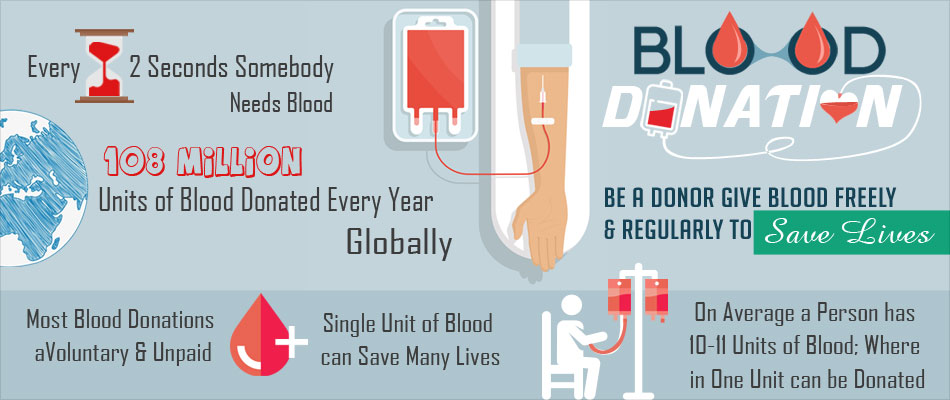
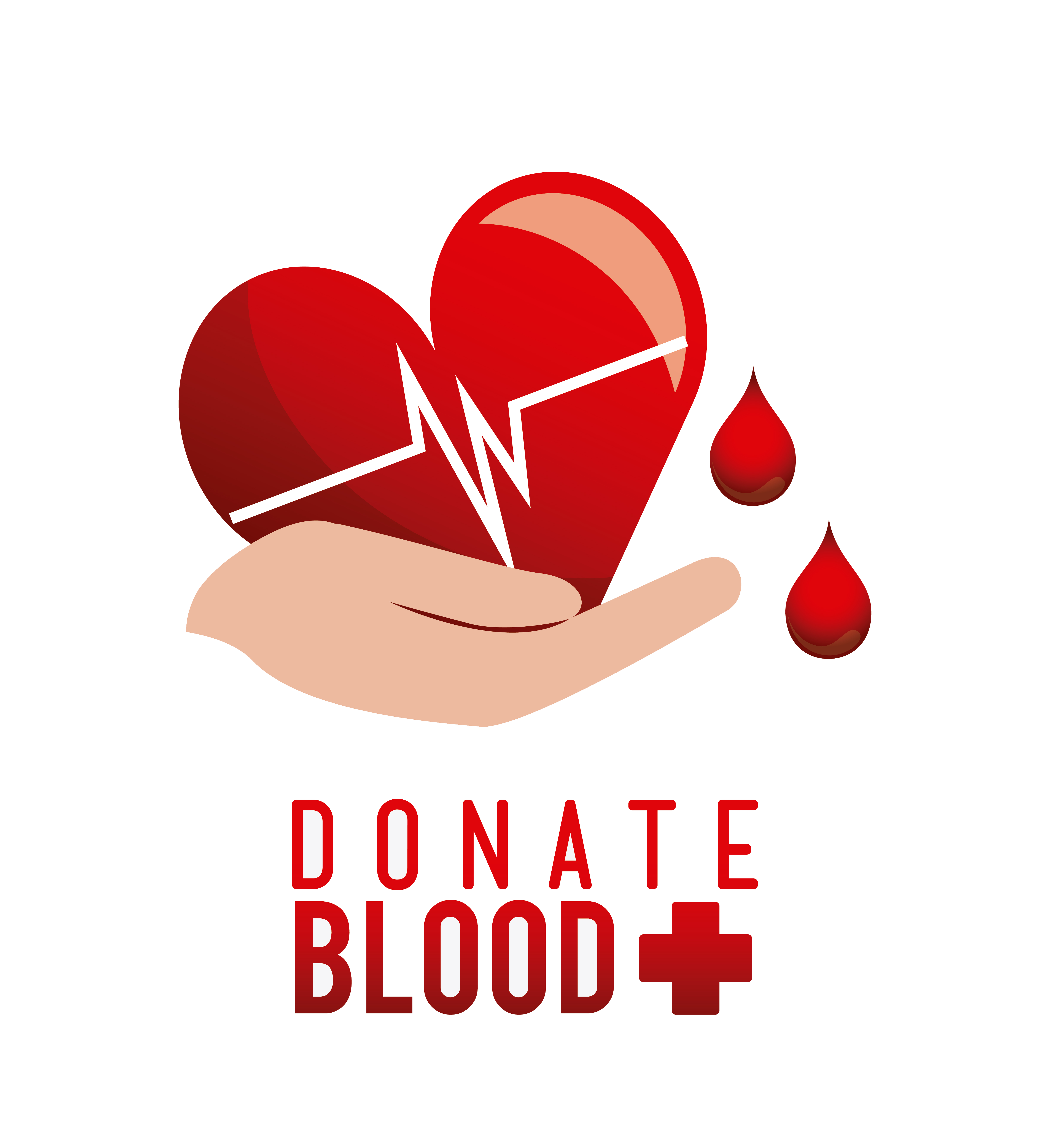
A blood donation occurs when a person voluntarily has blood drawn and used for transfusions and/or made into biopharmaceutical medications by a process called fractionation (separation of whole blood components). Donation may be of whole blood, or of specific components directly (apheresis). Blood banks often participate in the collection process as well as the procedures that follow it.
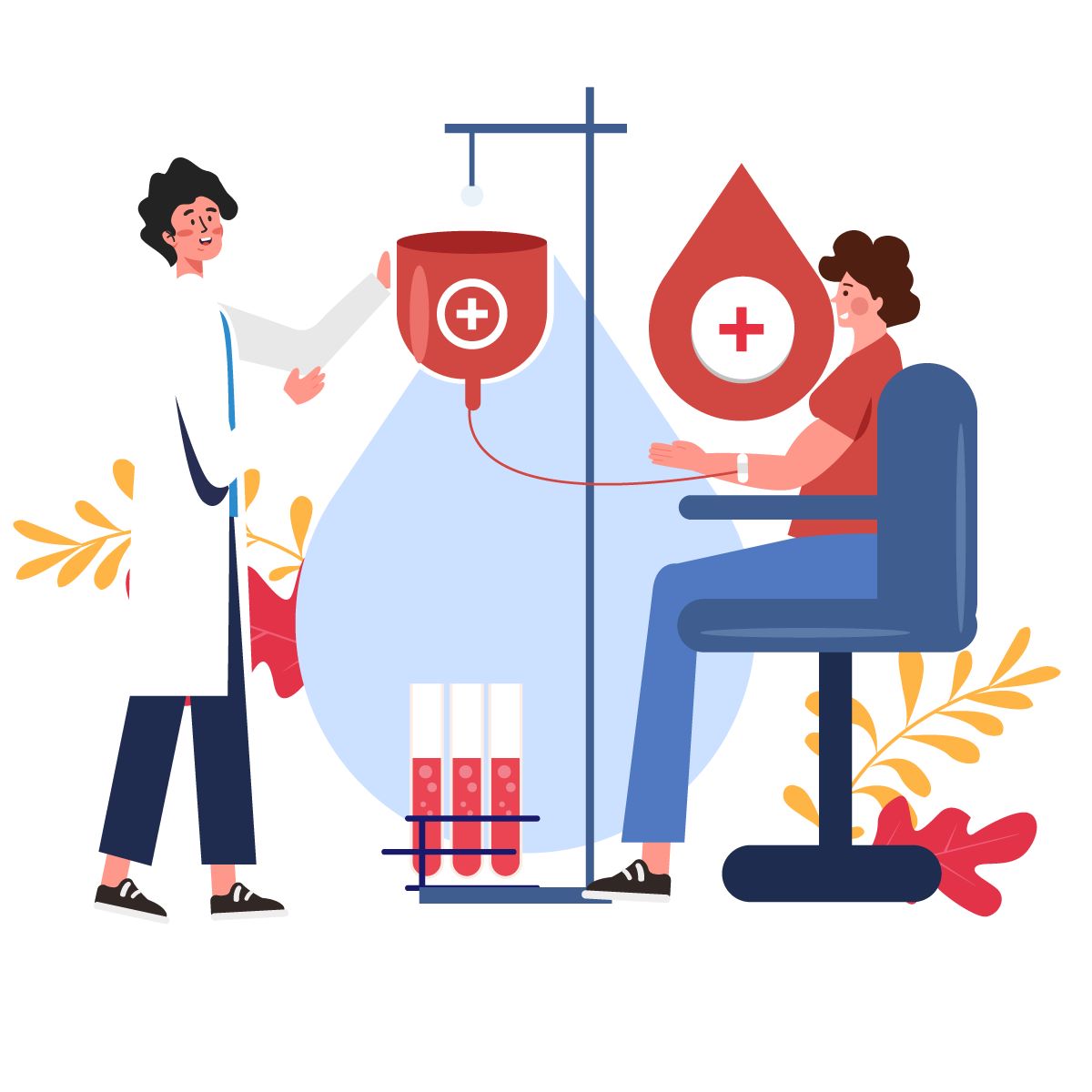
Learn more
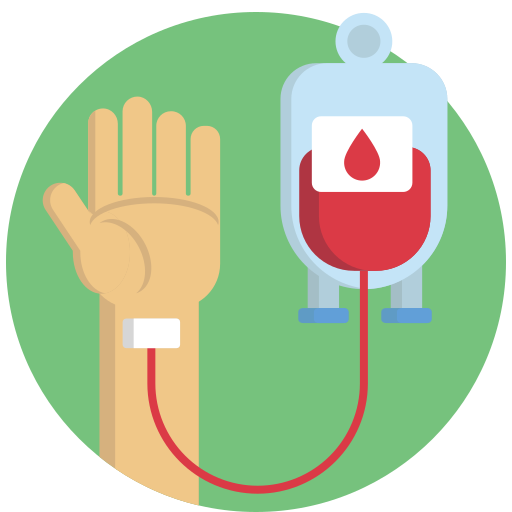
A blood donation occurs when a person voluntarily has blood drawn and used for transfusions and/or made into biopharmaceutical medications by a process called fractionation (separation of whole blood components). Donation may be of whole blood, or of specific components directly (apheresis). Blood banks often participate in the collection process as well as the procedures that follow it.
Blood donations are divided into groups based on who will receive the collected blood. An 'allogeneic' (also called 'homologous') donation is when a donor gives blood for storage at a blood bank for transfusion to an unknown recipient. A 'directed' donation is when a person, often a family member, donates blood for transfusion to a specific individual. Directed donations are relatively rare when an established supply exists. A 'replacement donor' donation is a hybrid of the two and is common in developing countries. In this case, a friend or family member of the recipient donates blood to replace the stored blood used in a transfusion, ensuring a consistent supply. Blood donations are divided into groups based on who will receive the collected blood. An 'allogeneic' (also called 'homologous') donation is when a donor gives blood for storage at a blood bank for transfusion to an unknown recipient. A 'directed' donation is when a person, often a family member, donates blood for transfusion to a specific individual. Directed donations are relatively rare when an established supply exists. A 'replacement donor' donation is a hybrid of the two and is common in developing countries. In this case, a friend or family member of the recipient donates blood to replace the stored blood used in a transfusion, ensuring a consistent supply.
MYTH BUSTER
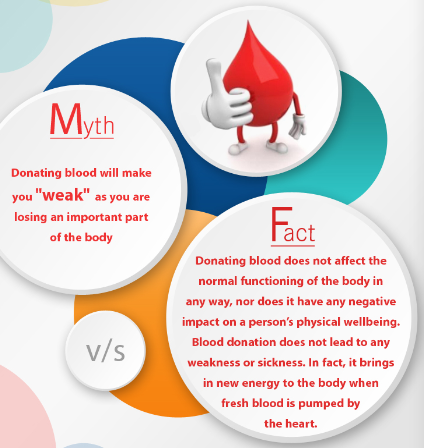

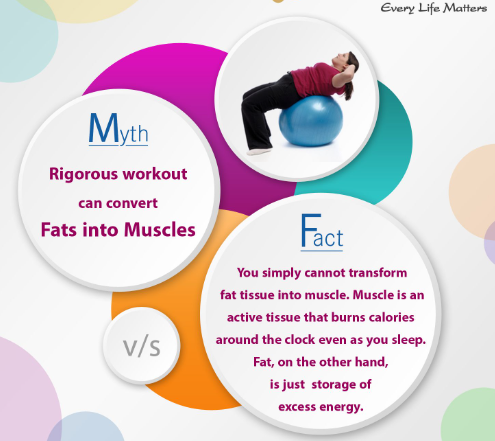
iDonate Social Hub
+91-9013353535
WhatsApp
iDonate
Telegram
iDonate
Facebook Messenger
@iDonate
Facebook Page